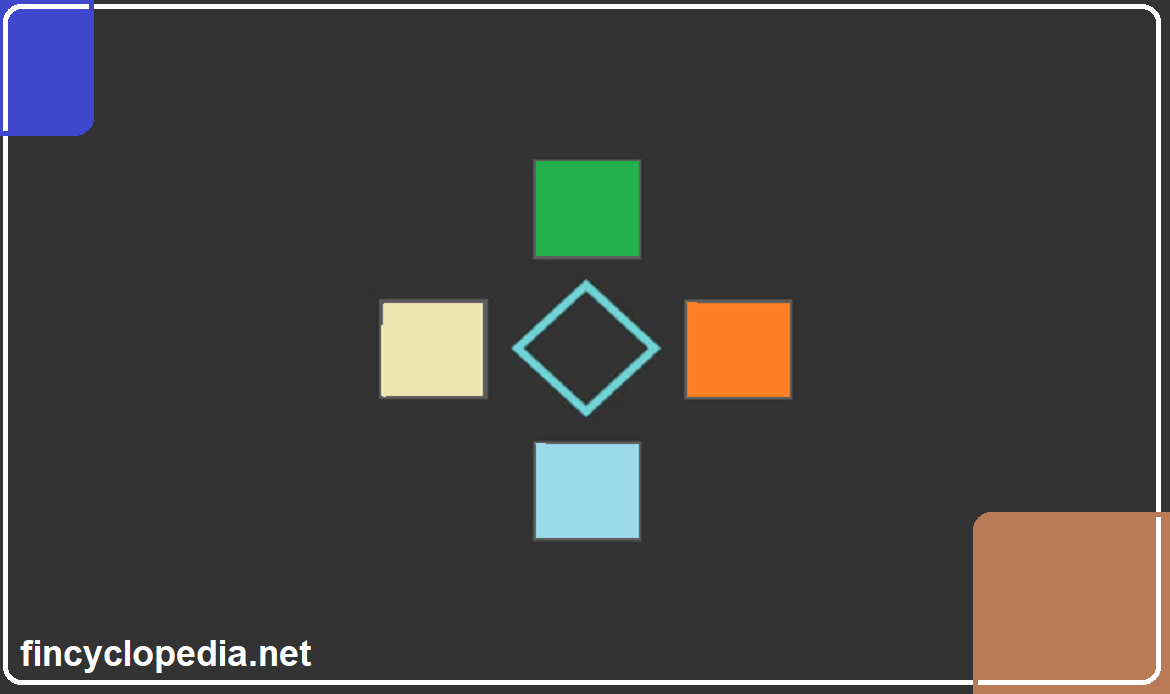Ba’i (pl. buyu’) is an Arabic term that translates into sale or contract of sale. By definition, it is a transaction, agreement or contract that entails the exchange of two countervalues or commonly an object (commodity, asset, service, usufruct, etc) for a specified price. In shari’a literature, the types of ba’i vary from one context to another.
Types of ba’i in terms of countervalues:
Shari’a classifies ba’i according to its countervalues (badalain), i.e., the object of sale and the price (thaman), into four main categories:
- Ba’i al-muqayadhah (barter sale): it is the exchange of an object of sale for another without resorting to a medium of exchange (money).
- Ba’i al-sarf (foreign exchange): it is the exchange of an amount denominated in one currency for an amount denominated in another.
- al-Ba’i al-mutlaq (ordinary sale): it is the exchange of an object of sale for a specific price. This may be divided into: ba’i haall or ‘ajil (immediate sale) and ba’i ajil (deferred sale).
- Ba’i al-salam and ba’i al-istisna’a: it involves the sale of an object with deferred delivery for an immediate price (thaman mu’ajjal). If the price is paid down in full at the contract session, the sale is referred to as ba’i al-salam, whereas it is known as ba’i al-istisna’a if the price is paid in installments or in a lump sum at delivery date.
Types of ba’i in terms of price (thaman):
As far as the price (thaman) is concerned, ba’i can be divided into four main types:
- Ba’i al-musawamah (bargaining sale): it is the sale of a commodity for a price negotiated between the buyer and seller regardless of its original acquisition cost.
- Ba’i al-murabaha: it is the sale of a commodity for a price consisting of its original cost plus a specific mark-up whether as a percentage or a lump sum. In this sale, the seller has to reveal to the buyer the actual cost of the commodity, with both agreeing on the mark-up.
- Ba’i al-tawliyah and ba’i al-tashreek: ba’i al-tawliyah is the sale of a commodity for a price exactly equal to its original cost, while ba’i al-tashreek is a special case of ba’i al-tawliyah as it involves only part of the commodity.
- Ba’i al-hateetah: it is the sale of a commodity for a price equal to its original cost minus a specific mark-down.
Types of ba’i in terms of legality:
From a legality point of view, shari’a classifies ba’i as valid (sahih), void (batil), voidable (fasid) and contingent (mawquf).
- Ba’i sahih (valid sale): a ba’i whose all elements (arkan) are complete and orderly (offer and acceptance, the subject matter, and the contracting parties). Each element of a valid sale has its conditions and stipulations properly satisfied. Also, a valid sale is one which is free from riba, gharar, etc.
- Ba’i batil (void sale): a ba’i that doesn’t fulfill the conditions relating to its elements and/or involves some illegal attributes (riba, gharar, etc).
- Ba’i fasid (voidable sale): a ba’i that is legal and shari’a compatible in essence (ab initio), but is not legal due to the existence of some external, irregular attributes (violations) such as the absence of its subject-matter or the contractual capacity in either party. Ba’i fasid can be validated by removing the cause or source of violation.
- Ba’i mawquf (contingent sale): a ba’i in which the transfer of title is pending meeting some specific conditions.
The Hanafi school of thought (mazhab) defined three categories of ba’i, based on specific rules and conditions: ba’i nafizh (sahih), ba’i batil, and ba’i fasid.
Types of ba’i in terms of bindingness:
In terms of contract bindingness, Islamic financial mua’amalat distinguishes between lazim (binding) ba’i and ghair lazim (nonbinding) ba’i. More specifically, valid (sahih) and effective (nafizh) sales (buyu’) can be classified as binding (lazim) and nonbinding (ghair lazim) buyu’.
- Binding buyu’: these sales are shari’a compliant-contracts in which none of the parties has the unilateral right to rescind the contract without the consent of the other party unless the contract is embedded with khiyar al-shart (optional condition).
- Nonbinding buyu’: these sales are those in which any of the parties has the right to revoke it unilaterally (without the consent of the other party). Contracts of a specific nature might be nonbinding or revocable, i.e., both parties to the contract are allowed to revoke it unilaterally.







